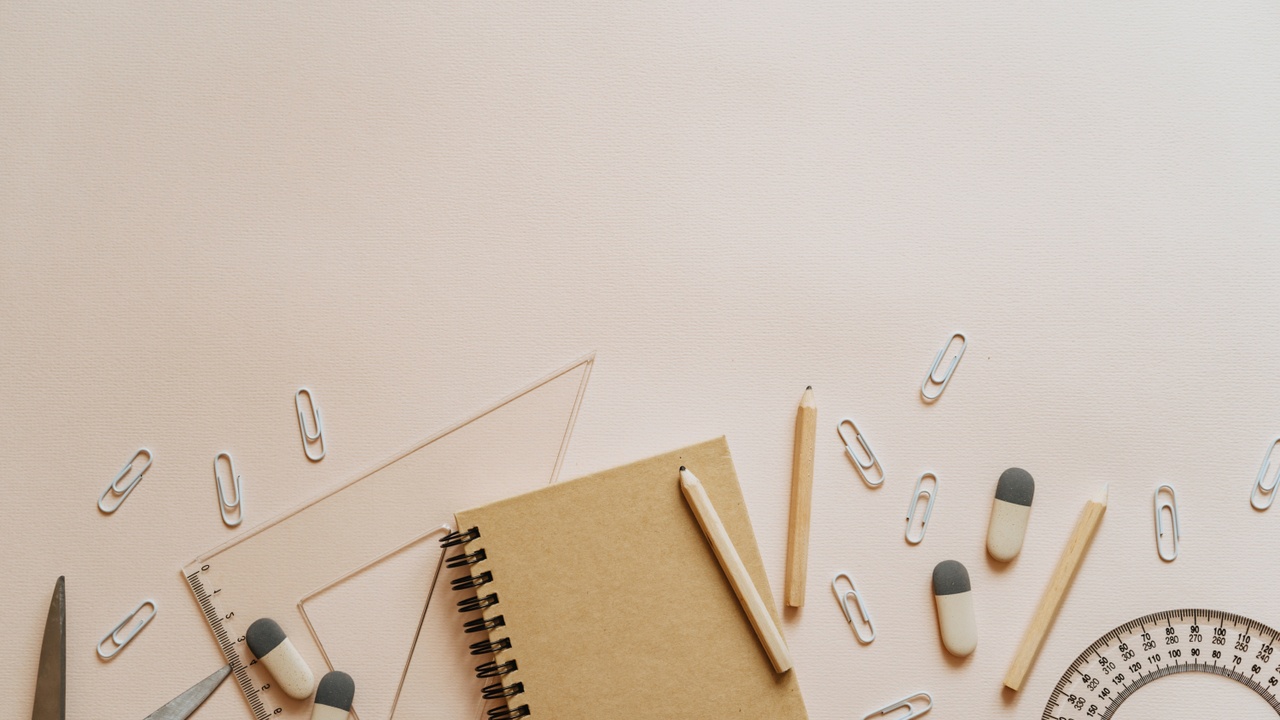Making the Grade: 5 Study Methods to Help You Pass Your College Exams

Setting yourself up for graduating with honors and the Dean's list achievement every semester means having an uncompromising work ethic.
Pack these 5 study methods with your ramen noodles and XL twin sheets.
Study Tools For College Students
If you’re anything like I was in college, you’re asking yourself, “How many hours a day should I study in college to still have fun and make the grade?” Well, how you study starts with how you take notes.
Decide to be a note-taking guru before the first day of class. The below study tools are adaptable per your learning style.
Digital Laptop/Tablet Notes
Laptop notes will enable you to type faster and capture more of the content your professor is sharing that falls outside of the textbooks or PowerPoints. You’ll keep up with the lecture and feel comfortable doing it.
Recorded Notes
Recording your notes will be a step above notating on your laptop, as it provides audio files for you to playback. Verify if you need permission to record from your professor first. This method is closer to listening to your favorite song or podcast. If retaining information sticks for you in an auditory fashion, this method will be beneficial. Beyond that, it allows you to pay attention in real-time during the lecture, so replaying the lesson later tests your retention. The content will be highly familiar, making memorization easier for you. You can play recordings back when it's time to study for midterms and finals.
Handwritten Notes
Because of its neurological implications, handwritten notes are a tried and true study method. Memory retention is built into this method because the process requires information reinterpretation, so you’re understanding, and retaining, while also writing in your own words.
If this isn’t enough, hold yourself to a standard early if you know you might slack off.
Become a Notetaker
Colleges often offer note-taking services to students with learning disabilities. Signing up to be a notetaker for your classmates allows you to help others and makes your education about more than just yourself. You’re more likely to show up to class and take the best notes because you’re not the only one using them. Note-taking is a built-in failsafe to keep you focused, present, and responsible.
Flashcards
Store your notes in a safe place, and when it’s time to take your midterms and finals, review and make flashcards. A daily studying habit for seven to 14-days is useful and longer for more complex material at 1-3 hours per exam.
Reviewing information until you’re tired of the content is a sign that you’ve retained the material. If you can spit out the answer to your flashcard questions quickly, that’s another testament to your retention.
The flashcard method is also an independent and group study method. Working in a study cohort can help create healthy competition that motivates you to retain the information. We recommend handwriting, but digital resources like Quizlet help you create and share digital flashcards and are still incredibly helpful.
Inquire about our college admission consultant service to see if we’re a good fit for you. Your consultation is free, and you’ll learn how our stress-free, tailored, step-by-step actionable plans can work for you.
Photo by olia danilevich from Pexels



